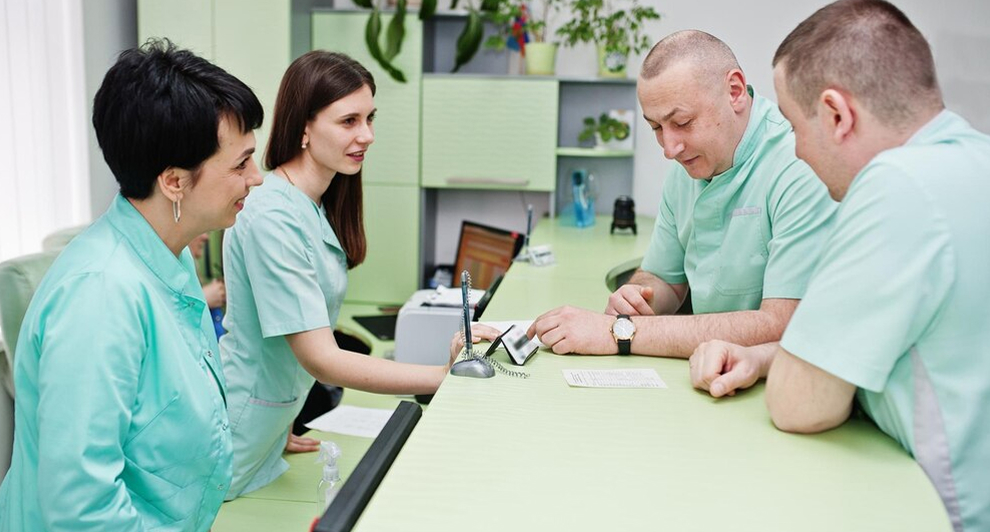Addiction Treatment & Recovery Centers in Colorado
Colorado offers a diverse range of addiction treatment options set against the backdrop of the beautiful Rocky Mountains and vibrant urban centers. Treatment programs address substance use and co-occurring mental health disorders using evidence-based therapies, personalized care, and integrative approaches.
Numerous facilities across the state provide medical detox, inpatient and outpatient treatment, intensive outpatient programs (IOP), and medication-assisted treatment (MAT). Many integrate holistic therapies such as yoga, meditation, and outdoor adventure therapy tailored to the unique needs of each individual.







